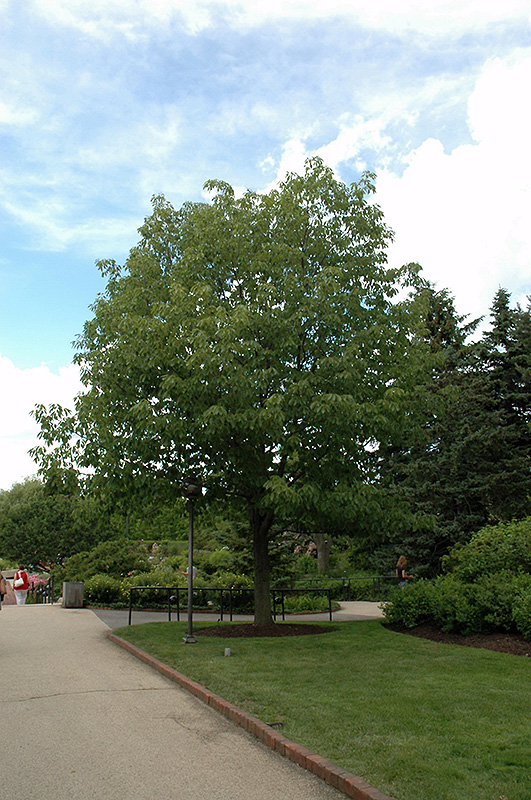Chestnut Oak
Description
This oak variety is distinguished by its massively ridged bark, and wide growth habit; foliage is chestnut-like, oval, toothed, with whitish undersides; ideal as a shade tree in home landscapes; extremely tough and adaptable
Landscape Attributes
Chestnut Oak is a dense deciduous tree with a more or less rounded form. Its average texture blends into the landscape, but can be balanced by one or two finer or coarser trees or shrubs for an effective composition.
Chestnut Oak is recommended for the following landscape applications;
Planting & Growing
Chestnut Oak will grow to be about 70 feet tall at maturity, with a spread of 70 feet. It has a high canopy with a typical clearance of 6 feet from the ground, and should not be planted underneath power lines. As it matures, the lower branches of this tree can be strategically removed to create a high enough canopy to support unobstructed human traffic underneath. It grows at a slow rate, and under ideal conditions can be expected to live to a ripe old age of 300 years or more; think of this as a heritage tree for future generations!
This tree should only be grown in full sunlight. It is very adaptable to both dry and moist locations, and should do just fine under average home landscape conditions. It is not particular as to soil type or pH. It is highly tolerant of urban pollution and will even thrive in inner city environments. This species is native to parts of North America.

